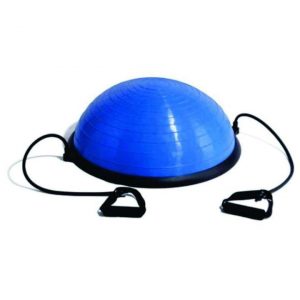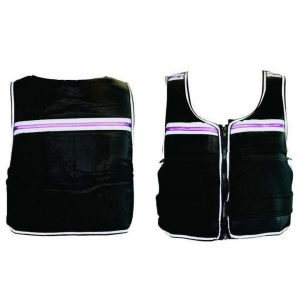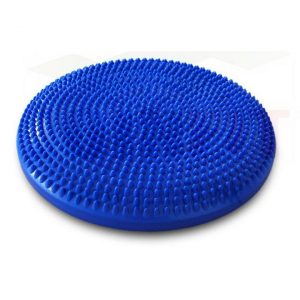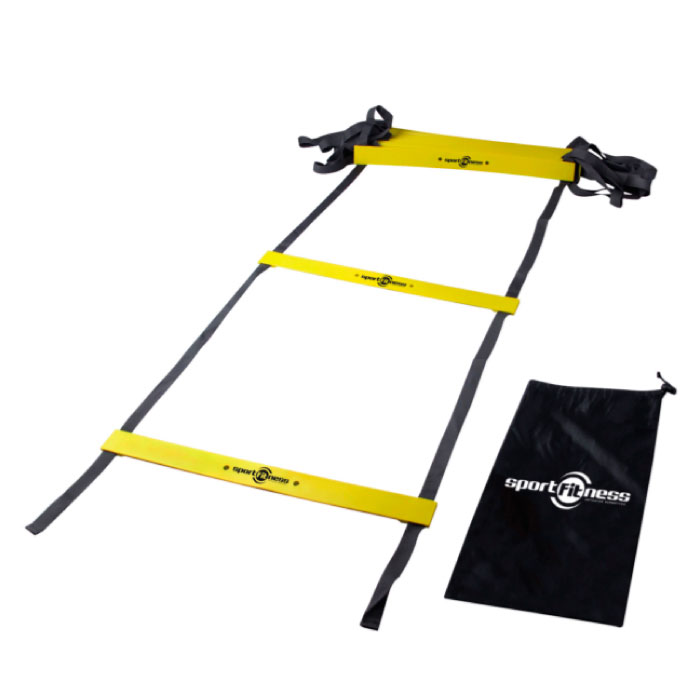Características del Producto
| Peso | 1 kg |
|---|---|
| Dimensiones | 50 × 50 × 1 cm |
$106.108 Original price was: $106.108.$84.886Current price is: $84.886. IVA
Desarrolla tu coordinación y agilidad con la escalera que pondrá a prueba tu velocidad y fuerza de reacción fortaleciendo cardio y piernas.
| Peso | 1 kg |
|---|---|
| Dimensiones | 50 × 50 × 1 cm |
• Material TPE y naylon de alta resistencia.
• Cuacho termotemplado de textura suave.
• Lamina de 50 cm de largo por 4 cm de ancho. • 6 mt de largo dividido en 12 laminas.
• Uso intitucional y profesional.




Debes acceder para publicar una reseña.


Calificación
No hay Calificación aún.